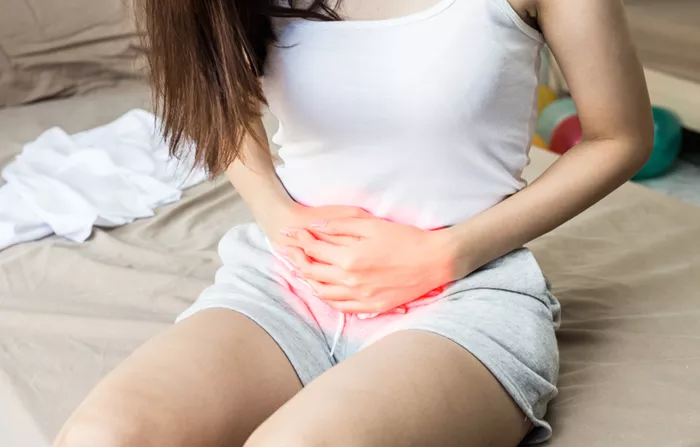Urinary tract infections (UTIs) impact one in three women worldwide, yet surprisingly little research has explored how these infections affect women’s overall health.
This gap led Cold Spring Harbor Laboratory Associate Professor Camila dos Santos to investigate the connection between UTIs and breast health.
The research began unexpectedly in a mouse study. Dos Santos’ team was examining how pregnancy influences breast cancer progression using a mouse model.
When they induced a pseudo-pregnancy by administering hormones, the mice developed urinary blockages, leading to UTIs. During examination, dos Santos noticed unusual changes in the breast tissue of these mice.
Curious about a possible link between UTIs and breast abnormalities, the lab found that UTIs caused an increase in a molecule called TIMP1, which regulates immune cells.
This buildup led to more collagen in breast tissue and enlarged milk ducts in mice. Importantly, when the UTIs were treated with an antibody that neutralized TIMP1, these breast tissue changes reversed.
This discovery raised further questions. Dos Santos’ team is now exploring whether other infections or inflammatory responses might similarly affect breast tissue, potentially increasing breast cancer risk. Their work could pave the way for new screening methods and prevention strategies in women’s health.
This research highlights how common infections like UTIs might have unexpected effects beyond their immediate symptoms, opening new paths for understanding and protecting women’s health.
Related topics:
- Vagifem For Urinary Tract Infections: How It Works And How To Use
- Can HRT Help Treat Urinary Tract Infections?
- How Do You Get Urinary Tract Infection?


